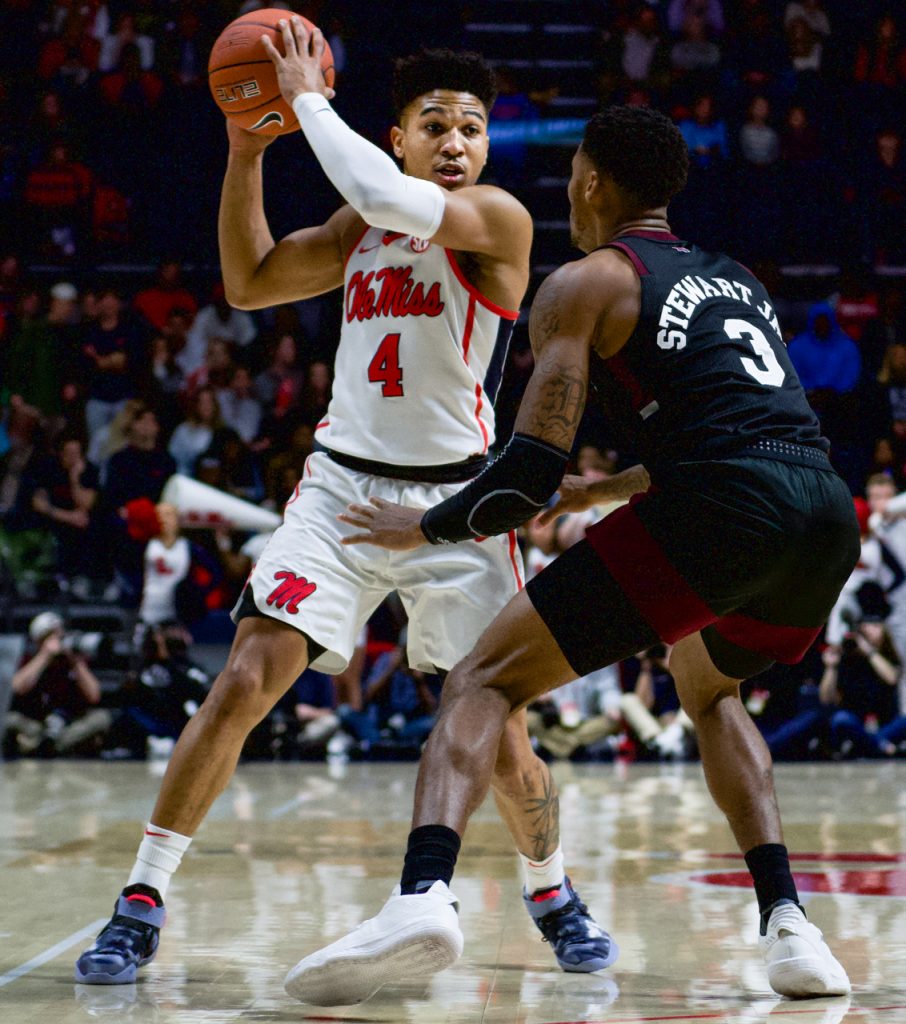
Matt Travers didn’t want to leave China. In fact, despite the widespread fear brought on by the coronavirus outbreak, he wants to return as soon as it is safe to do so.
Travers, a junior international studies major, was recently forced to return to the United States from his year abroad in Nanjing, China, because of the effects coronavirus is having on the region. He went abroad with the American Councils for International Education, which pulled all of its students out of the country as the outbreak progressed.
He said that because he lived in China during the outbreak and in the United States following its spread, he has a unique perspective on the international reaction to the virus. In a recent Instagram post, he wrote about issues he has observed revolving around the virus.
“Xenophobia and racism have fueled fear and hostility toward Mainland China since the outbreak of the ongoing viral epidemic,” Travers said in the post. “It is our responsibility to separate truth from misinformation.”
Influenza has killed more Americans this year than coronavirus has killed globally. The Center for Disease Control estimates 14,000 deaths from the flu this season, and the latest numbers released by China’s National Health Commission report 2,244 worldwide deaths from the coronavirus.
Travers said that this fear of coronavirus is justified, but for Americans, it spawns mainly from bias and misinformation.
“I came across the word ‘infodemic,’ which I thought was really interesting. There’s just a wide spread of misinformation,” Travers said. “The whole situation just expanded over social media to the extent that people believe just being in contact with someone of Chinese descent is dangerous.”
Travers said he thinks that the bias exists because people in the United States are not often exposed to other cultures and ways of life.
“I think the root of these social problems is just in education,” Travers said. “We spend so much time learning American history and European history, but no Chinese history.”
Travers has studied Chinese for six years and spent nearly two years abroad in China while enrolled in the Chinese Language Flagship Program. He had planned to complete an internship in Nanjing this semester, but the American Councils for International Education chose to bring international students home.
He is currently in Missouri, planning to complete his internship online. The university has not yet given him any definite information on its plans for the future.
Rumors around the origin of the virus have twisted and spread through the internet, originally believed to come from a fish market in Wuhan.
Nanjing is about 333 miles northeast of Wuhan. The town is not in imminent danger, but it is still affected by the virus. Travers said that he keeps in contact with his teachers and peers.
“I think what’s been really helpful about me being in China is being able to put a face to the numbers of 1.4 billion Chinese people affected,” Travers said. “Every facet of their lives has completely stopped. You can go to cities, and it’s a ghost town.”
Twitter and Facebook have already added a feature to the top of every search feed that includes a link to the Center for Disease Control and Prevention (CDC) website.
Arizona State University has reported incidents of racial bias since a student was confirmed to have the coronavirus in January. Ole Miss has not reported an incident of racial bias or harassment related to the virus, according to the University of Mississippi Bias Incident Response Team.
Though Mississippi has little to no likelihood of housing a victim, the Mississippi State Department of Health is taking precautions.
“We are educating Mississippians through our press releases, press conference, website and all social media,” said Liz Sharlot, communications director for the Mississippi State Department of Health. “We are also working with healthcare providers throughout the state in preparation of a possible case.”
The prominence of the disease in the media can imply that it is an eminent threat, but in reality, the CDC said the immediate health risk is low to the Americans.














